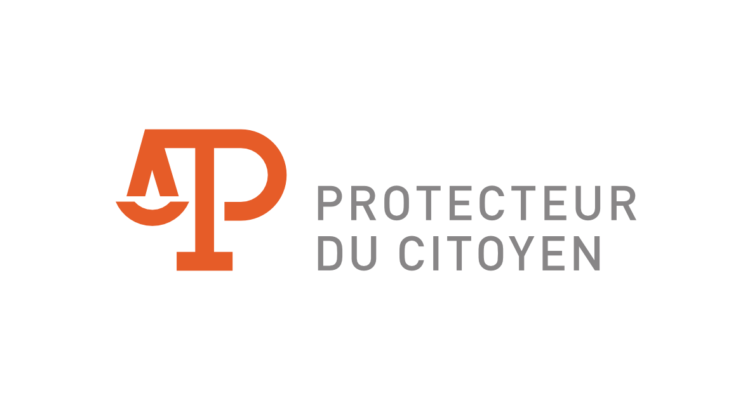
Ombudsperson’s Progress Report: healthcare professionals’ voices heard
This Thursday, the Ombudsperson released her Progress Report on the government’s handling of the COVID-19 crisis in CHSLDs. We are pleased to see that the report fully aligns with the recommendations in the FIQ and FIQP’s brief submitted on October 16, 2020 and healthcare professionals’ many first-hand statements. The recommendations issued aim to correct major shortcomings that led to events in the first wave.
In the Ombudsperson’s report, she underlines the importance of ensuring a stable workforce and sufficient numbers of staff in CHSLDs. It says, “It is imperative to act and to tackle the challenges of attracting and retaining staff so that there is a stable pool of workers in CHSLDs and better care and service continuity. Measures must incite and persuade and be concrete and immediate.”
Furthermore, the Ombudsperson’s recommendations are to:
- Focus CHSLD care and services on the needs of residents in order to respect their rights and dignity, and acknowledge the role of informal caregivers;
- Continue to deploy a local manager to each CHSLD who can exercise strong local leadership;
- Establish a rigorous culture of infection prevention and control within CHSLDs that is known by all;
- Strengthen local, regional and Québec-wide communication channels in order to convey clear information and directives and facilitate sharing of best practices.
Let’s remember that healthcare professionals actively participated in the Ombudsperson’s investigation, especially during the online consultation. Moreover, in addition to submitting the brief, the FIQ made all of the healthcare professionals’ statements available to the Ombudsperson (collected since the beginning of the pandemic via the “Je dénonce” platform). Upon reading this preliminary report, it is evident that the Ombudsperson heard healthcare professionals’ voices. The report also hits the nail on the head by employing the right words to describe the troubling situations from the first wave.